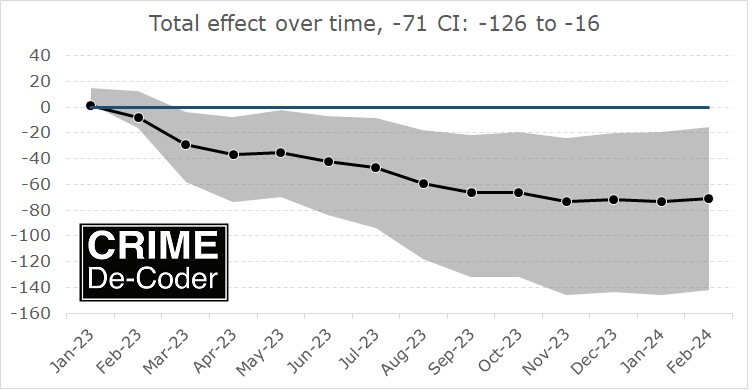
90% of sharks mysteriously wiped out nearly 20 million years ago: researchers
In a paper published Thursday in the journal Science, Yale University oceanographer and paleontologist Elizabeth Sibert and Leah Rubin, then an undergraduate student at the College of the Atlantic in Bar Harbor, Maine, wrote that shark populations have still not recovered from the abrupt die-off.
By studying shark teeth and other marine microfossils buried in deep-sea Pacific sediment, the pair reportedly found that current shark diversity was just a "small remnant of a much larger array of forms" eliminated by the Miocene-era extinction.
"I study microfossil fish teeth and shark scales – a particularly niche group of microfossils in the already small field of micropaleontology – so there's not all that much known about them," she explained. "We decided to generate a long record of fish and shark fossil abundance, going back many millions of years in the same place, just to see what normal background variability was. … What we found was that the ratio of fish teeth to shark dermal scales (denticles) in the sediments was constant for over 40 million years (from ~60 million years ago until 19 million years ago), with about 1 shark fossil for every 5 fish fossils."
"However, at 19 million years ago, that changed suddenly and dramatically, and that ratio fell, to about one shark fossil in 100 fish teeth or more," Sibert said. "Ninetee million years ago isn't really known in geologic history as a time of rapid environmental change – so we weren't expecting to find any change in the vertebrate community, much less a huge shark extinction!"

























